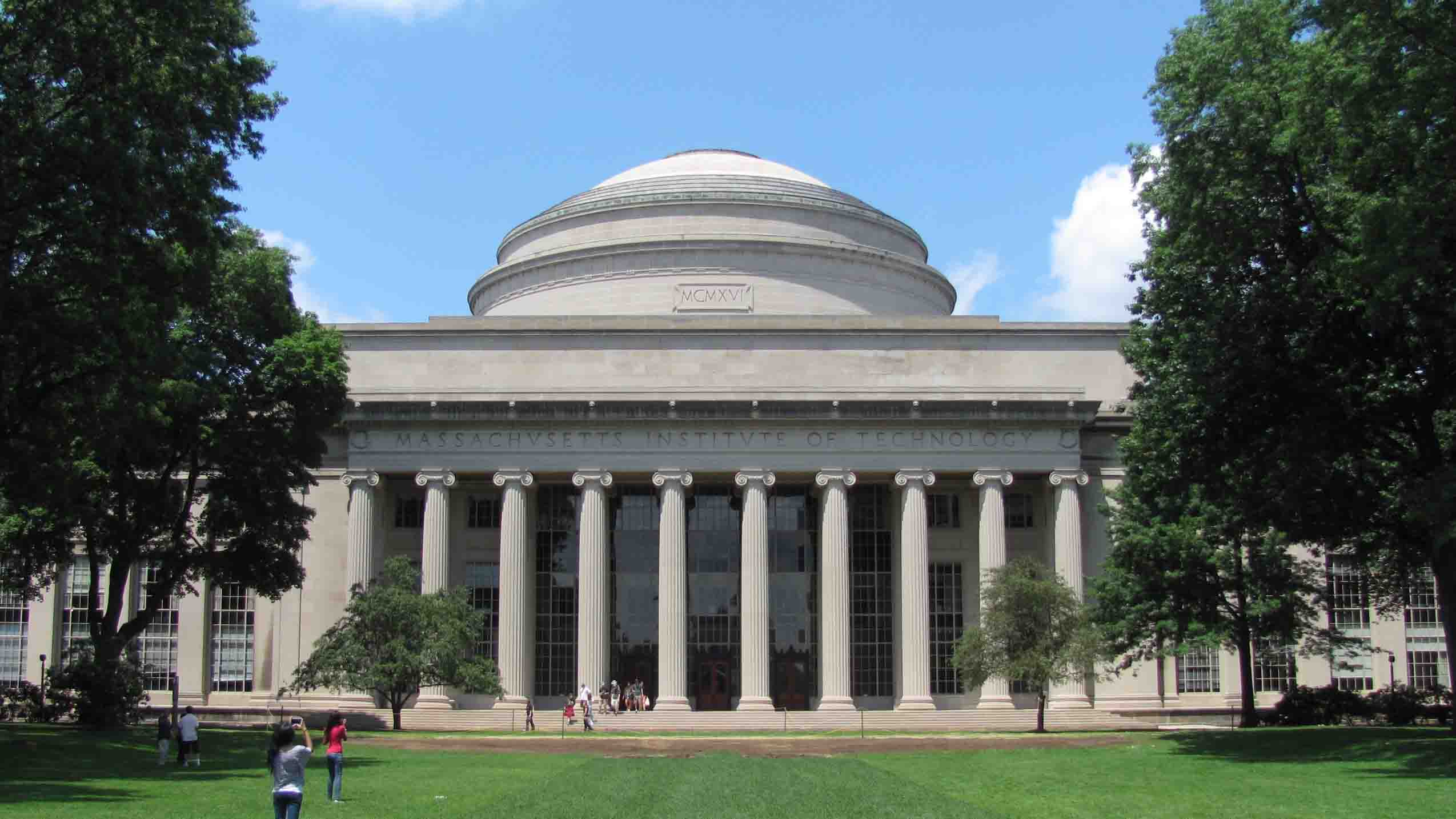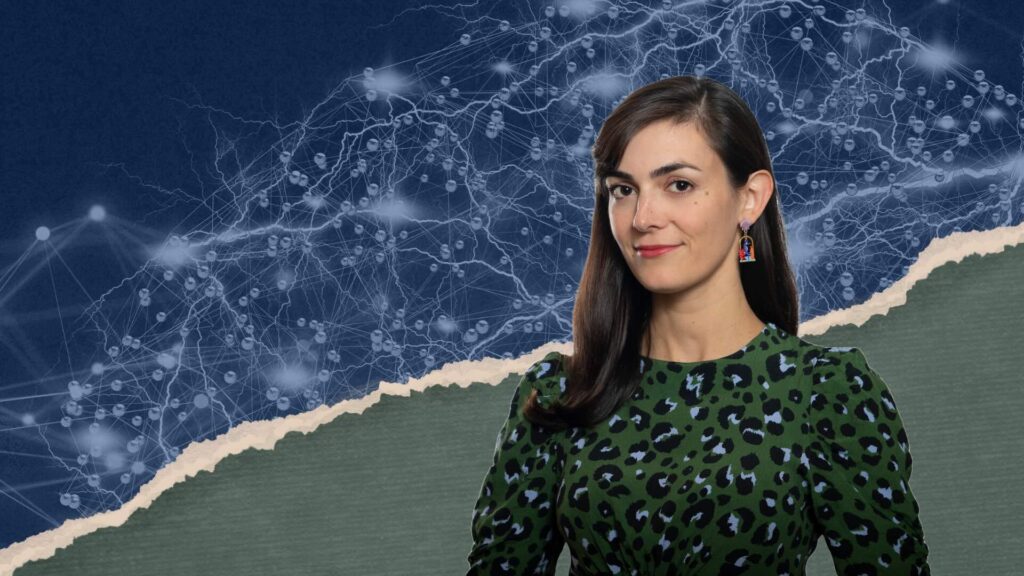When journalist Mary-Rose Abraham co-created the history podcast “Scrolls and Leaves” back in February 2020, she was doing more than narrating stories of the Indian subcontinent. She was chronicling colonialism, science, and culture through lesser-heard voices.
Each episode took the listener on an adventure: from the relics of an ancient trading port to Western appropriation of indigenous botanical knowledge to the discovery of undersea treasure. The stories may have been familiar to some, but the perspectives were new.

“We did a history podcast specifically because, especially in the Western world, you always hear the narrative from that perspective, right? We went and colonized X,” says Abraham. “Well, what about, What did X think about being colonized?”
It is a sensibility that has informed Abraham’s nearly two decades as a journalist — a career that has seen her produce stories for the likes of NPR, ABC News, and others. Through it all, Abraham has gravitated toward stories that amplify the voices and perspectives of people who society most often overlooks, and she has come to especially enjoy sharing those stories in the intimacy of audio. Now at MIT as a Knight Science Journalism Fellow, the multimedia journalist is turning her attention to a trio of issues that could loom large for decades to come: agriculture, food security, and climate change.
Abraham’s interest in journalism began after she was named co-editor of a small four-page newsletter at her middle school in Los Angeles, California. From there, she covered weighty stories for her high-school paper, including one about child abuse, and went on to intern at CNN during her senior year of college, at the University of California, Los Angeles. Afterward, she took on freelancing video and audio journalism projects for local cable stations and at NPR, and then did a masters in broadcast journalism at Columbia University. Soon after, she joined ABC News and eventually became a staff producer.
Then, in 2015, Abraham packed her things and moved to Bangalore, India. She says she was drawn to living outside the United States.
“I think when you go to a developing country, you see all the problems, but you also see progress and problem-solving at a whole different level than a developed nation like ours,” Abraham says.
During her time in India, Abraham worked as a freelancer for outlets such as NatGeo, the BBC, and The Guardian, often covering environmental stories. She wrote, for instance, about a flowering shrub — found exclusively in the Shola grasslands of South India’s Western Ghats mountains — that blooms once every 12 years and whose existence is threatened by shrinking habitat and agricultural practices.
Other stories were more devastating to cover, such as the story of a destructive wildfire near a small community in the Western Ghats , killing 23 trekkers. Reporting for the Undark podcast, Abraham interviewed the mother of one of the victims, as well as villagers who aided in rescue efforts and whose livelihoods were disrupted by the fire. The tragedy shed light on India’s failing wildfire monitoring systems and the pernicious consequences of laws and traditions that obstruct fire suppression.
“There’s a reason why you’re just like, I need to tell this story,” recalls Abraham. “And maybe, in this case, it was because that could have been me or any one of my friends. We go trekking all the time, and there’s so much that I could identify with.”
As the planet warms, climate change is not only heightening the risk of wildfire, it is also disrupting agricultural practices and altering global food supplies. During her time with the Knight Science Journalism Program, Abraham is hoping to better understand these threats through a deeply researched project. As in the past, she plans to incorporate a diverse set of voices, including indigenous communities who are directly affected.
“It’s that old saying of journalism, giving a voice to the voiceless,” Abraham says. “I think every journalist has a responsibility to seek out those people. And if they want to, they can share their story.”
Elizabeth Gamillo is a student in the MIT Graduate Program in Science Writing. She was previously a daily correspondent for Smithsonian and wrote for Science magazine as their 2018 AAAS Diverse Voices in Science Journalism Intern.




Leave a Reply